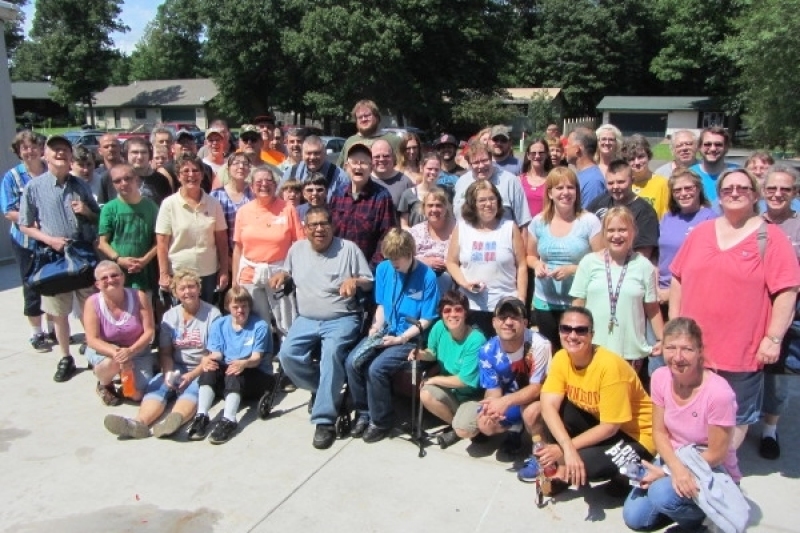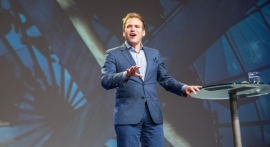
The U.S. Supreme Court has unanimously ruled that Wisconsin officials cannot deny a religious tax exemption to Catholic Charities Bureau, Inc., because they considered its services secular.
The Court's decision, released Thursday, in the case of Catholic Charities Bureau, Inc. v. Wisconsin Labor Review Commission et al., focused on whether a Christian charity can be exempted from an unemployment insurance program despite its services being deemed nonreligious.
Justice Sonia Sotomayor authored the opinion, which reversed a Wisconsin Supreme Court decision and sent the case back for further review. She wrote, “It is fundamental to our constitutional order that the government maintain “neutrality between religion and religion,’” and added, “There may be hard calls to make in policing that rule, but this is not one.”
She emphasized that, “when the government distinguishes among religions based on theological differences in their provision of services, it imposes a denominational preference that must satisfy the highest level of judicial scrutiny.” Sotomayor also stated that “any law that differentiates between religions along theological lines is textbook denominational discrimination” and that “differentiation on theological lines is fundamentally foreign to our constitutional order.”
The initial rejection of the Catholic charity’s exemption was based on the belief that their lack of explicit religious activity made their services nonreligious, which Sotomayor countered. She pointed out that “Petitioners’ Catholic faith, however, bars them from satisfying those criteria,” noting that Catholic Church teaching prohibits “misus[ing] works of charity for purposes of proselytism.”
Catholic Charities Bureau, part of the Roman Catholic Diocese of Superior, filed for a religious exemption from Wisconsin’s unemployment insurance in 2016. The Department of Workforce Development declined the request, claiming the organization was not primarily religious.
The charity appealed to an administrative law judge, who reversed the decision. The department then appealed to the Wisconsin Labor and Industry Review Commission, which upheld the denial, stating that Catholic Charities did not qualify for the exemption. In March of the previous year, the Wisconsin Supreme Court ruled 4-3 that Catholic Charities did not meet the definition of a religious entity and was therefore ineligible for the exemption.
Catholic Charities then petitioned the U.S. Supreme Court, which granted their request last December and heard oral arguments in February. During those proceedings, both liberal and conservative justices expressed skepticism about Wisconsin’s arguments against granting the exemption.

















